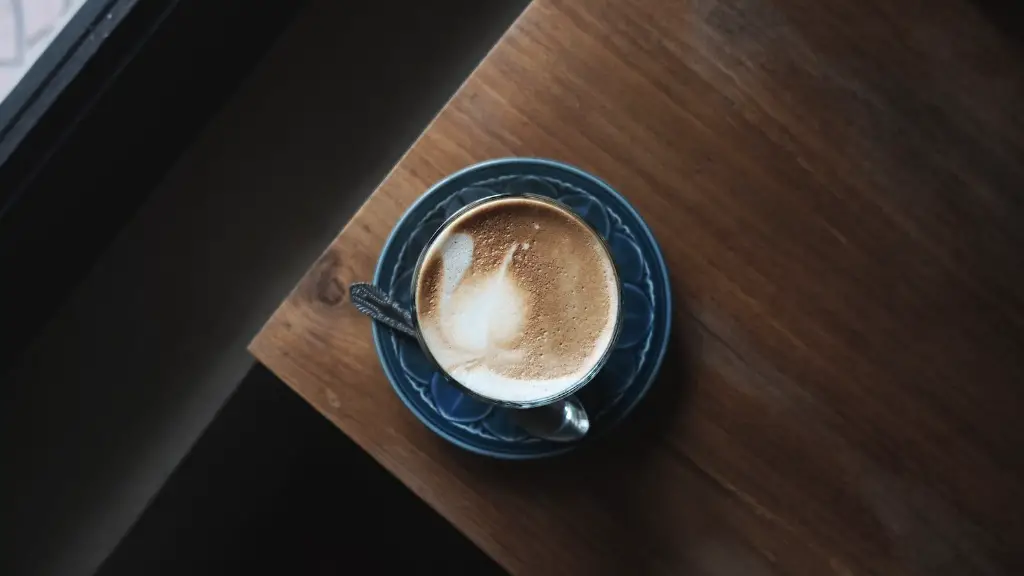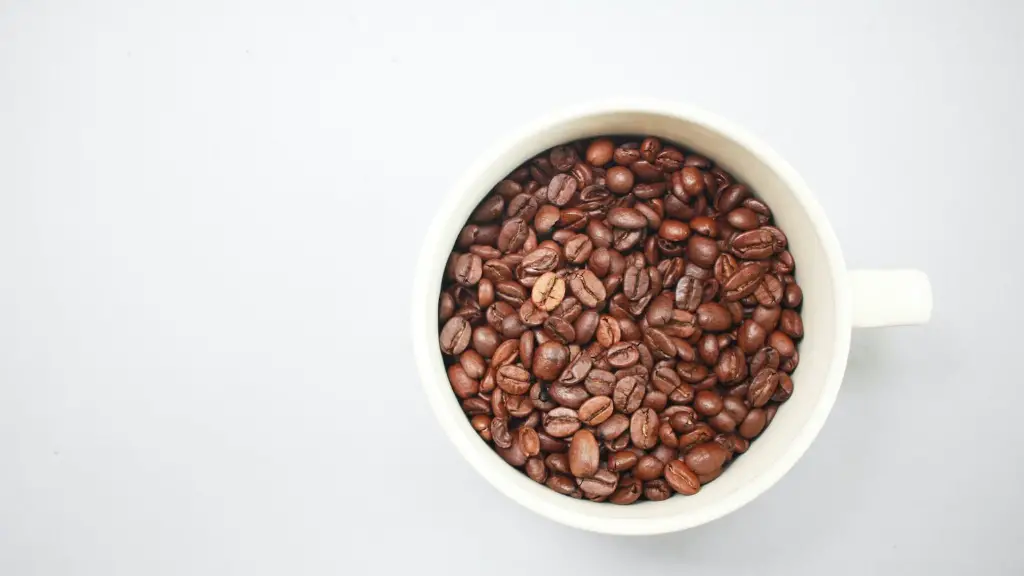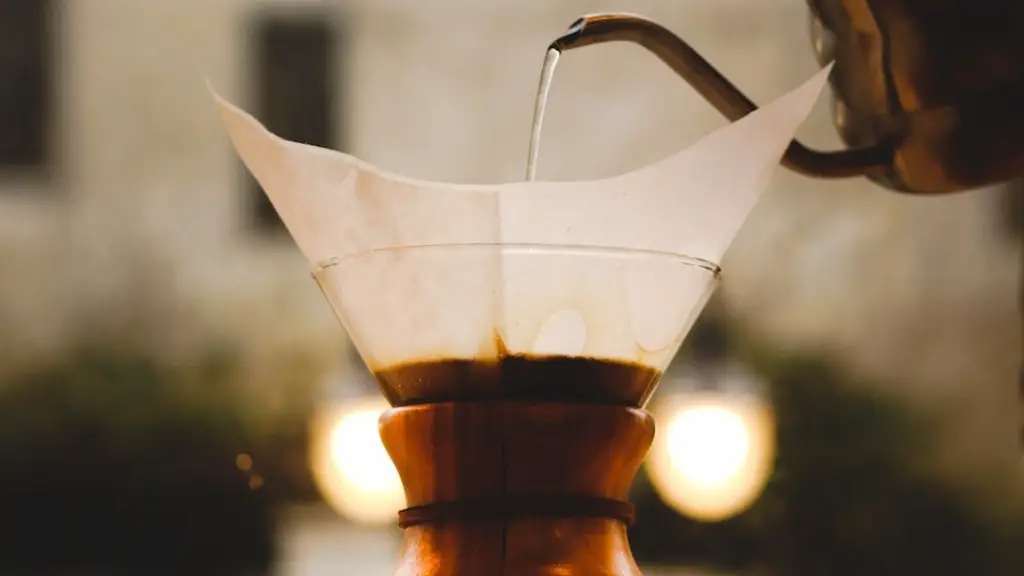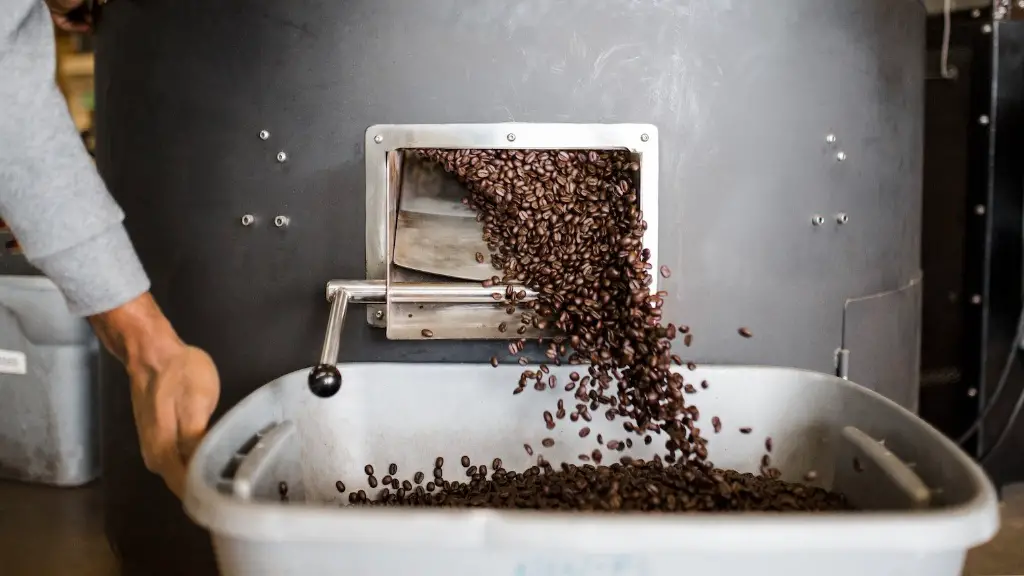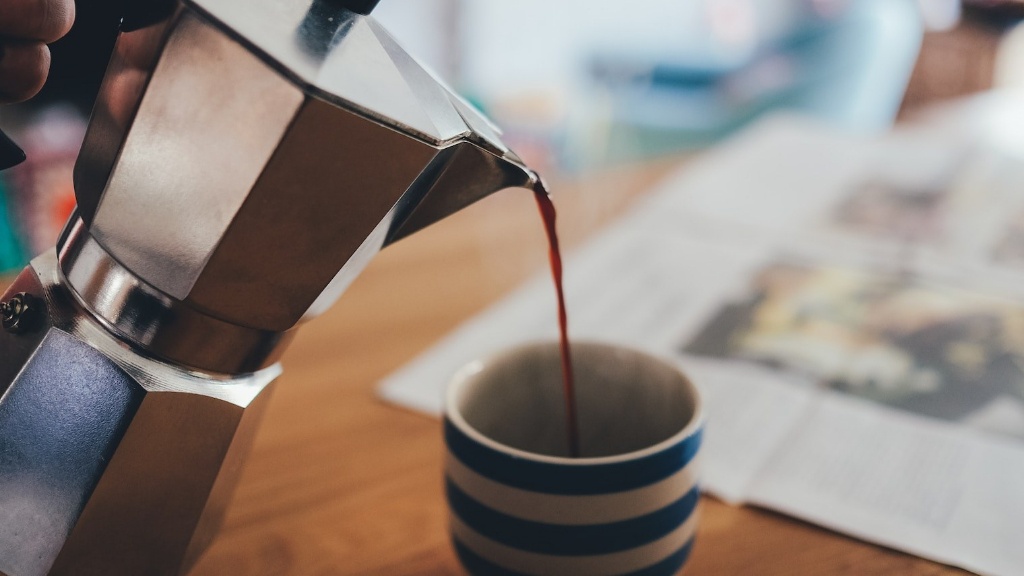You heard it from your friends, or maybe even your dentist: “don’t drink coffee for the next 24 hours after your tooth extraction.” You’ve been good and stayed away from caffeine, but now you’re wondering, “Can I drink coffee a day after tooth extraction?”
The short answer: sure, with caution. When you’re dealing with an extraction, you don’t want to reinjure the area, so if your dentist has advised you to stay away from some of your favorite things like coffee, then it’s likely best to abide by it. Immediately after your extraction, the extraction site is most vulnerable and blood clots are forming. Anything that could interfere with forming clots can put you at risk for developing a dry socket. Drinking coffee too soon after the extraction could lead to developing dry socket and potentially needing to see a specialist.
It’s not just about the type of beverage you are consuming, it’s also about how you are drinking or eating. Hot or cold beverages and food can disturb the clot that is forming and force it away from the socket. It’s possible to still enjoy some of your favorite things, like coffee, but the key is moderation. If you feel like you could handle it, go for it but be mindful of the intensity of the temperature and how vigorously you’re drinking.
In addition to watching the temperature of your beverage, make sure you’re getting enough sleep. In the days just after an extraction, your body is healing and it needs all the rest it can get. Drinking coffee, or any other caffeinated beverage, can interfere with your ability to get restful sleep.
It’s important to know that swishing any food or beverage, or any hard object or object that goes too far into the extraction site, can cause serious issues. Every patient’s recovery from extraction is different, and if you’re seriously considering drinking coffee a day after your tooth extraction make sure to talk it through with your dentist or doctor. It’s always best to follow the advice of your healthcare provider.
Pain Management
After a tooth extraction, your dentist may have prescribed some pain medication to help with the healing process. It’s important to take your medication as prescribed, and not ignore the warning signs of pain. Pain can be a sign that something is wrong, like an infection or a developing dry socket.
If you have already had some coffee and have experienced some discomfort, your dentist may recommend taking an over-the-counter pain reliever to help with the pain. There are also various natural remedies that can be used to help reduce pain, such as chamomile tea, cold compresses, or gentle massage of the area.
It’s also important to maintain good oral hygiene by brushing and flossing your teeth at least twice a day. This will help to promote good healing and keep infections from developing.
What to Drink After Extraction
Along with refraining from coffee for a day, your dentist or doctor will likely advise against drinking anything that is hot, or contains sugar. Both of these can cause a disruption in how your gums heal and can delay healing time.
Your dentist might also suggest refraining from any type of juice, smoothie, or even alcoholic beverages. This is because many of these drinks contain sugar, which can also promote bacteria growth in and around the healing extraction site.
If you are looking for something to drink during your recovery time, the best options are cold, non-caffeinated, and non-sugary drinks. Water is the best option, followed by diluted juices with no sugar added, and non-caffeinated drinks like herbal tea. Eating cold and soft foods, like yogurt and ice cream, are also good options.
Coffee and Your Health
Coffee generally has a positive impact on overall health, and can provide an abundance of antioxidants than can promote health. For those who are regular coffee drinkers, it has been linked to a lower risk for developing many conditions like heart attack and stroke.
Coffee also contains caffeine and can help with improving alertness and productivity, but this also means it can negatively affect how well you sleep, particularly if not consumed around 6 hours before bedtime. It can also interfere with opioid medications, such as Vicodin, and increase blood pressure and heart rate.
It’s important to remember that although coffee can have many health benefits, it can also have a negative effect on dental health and extraction sites. Make sure to talk to your dentist before consuming it so that you can plan accordingly in order to not disturb the healing process.
How to Drink Coffee After Extraction
If you do decide to consume coffee after your extraction, it’s important to do so with caution. Drink coffee at lukewarm temperatures and do so slowly, allowing at least 10 minutes or more in between each sip. You should also avoid any type of slurping or swishing, as this can disturb the healing process.
If you notice any increased sensitivity or pain when drinking your coffee, stop immediately and talk to your dentist or doctor. They may recommend stopping completely or reducing how much you drink. You should also avoid any strenuous activity that may bother the extraction site.
Sensitivity After Extraction
It’s also important to know why you may be experiencing increased sensitivity after consuming coffee. This can be the result of nerve damage that has occurred during the extraction process. It is usually temporary and can last anywhere from a few days up to a few weeks.
If you experience any sensitivity after consuming coffee, it’s best to stop drinking it, or at least change to a lukewarm temperature. Your dentist may also recommend switching to a desensitizing toothpaste that is designed to help reduce sensitivity.
It’s also important to practice good oral hygiene by brushing and flossing your teeth twice a day and rinsing with a mild mouthwash. This can help to remove plaque and bacteria from the extraction site and promote healthy healing.
Gargling and Rinsing After Extraction
Gargling and rinsing after a tooth extraction can help to reduce the risk of infection. Your dentist may have prescribed a chlorhexidine rinse or saltwater rinse to use after your extraction. These rinses can help to dislodge any food particles that may be stuck in the extraction site and reduce any swelling.
It’s important to be mindful when gargling and rinsing after your extraction. Vortexing and gargling too vigorously can disturb the healing process and lead to dry socket. The motions you use for gargling and rinsing should be gentle and not put any pressure on the extraction site.
It’s also important to avoid drinking any beverages, such as water or coffee, directly from a straw. This can cause an increase in suction which can disturb the clotting process and interfere with how the extraction site is healing.
Takeaways
The question of “Can I drink coffee a day after tooth extraction?” is not one-size-fits-all. It’s important to follow the advice of your dentist or doctor if they have advised against drinking coffee after your extraction. If they have said it’s okay to have coffee, just practice caution and be mindful of the temperature and how vigorously you’re drinking it.
It’s also important to watch for signs of increased pain or sensitivity, as this may be a sign that something is wrong, like a developing infection or dry socket. Make sure to follow the advice of your dentist or doctor and practice good oral hygiene habits to promote healthy healing.
